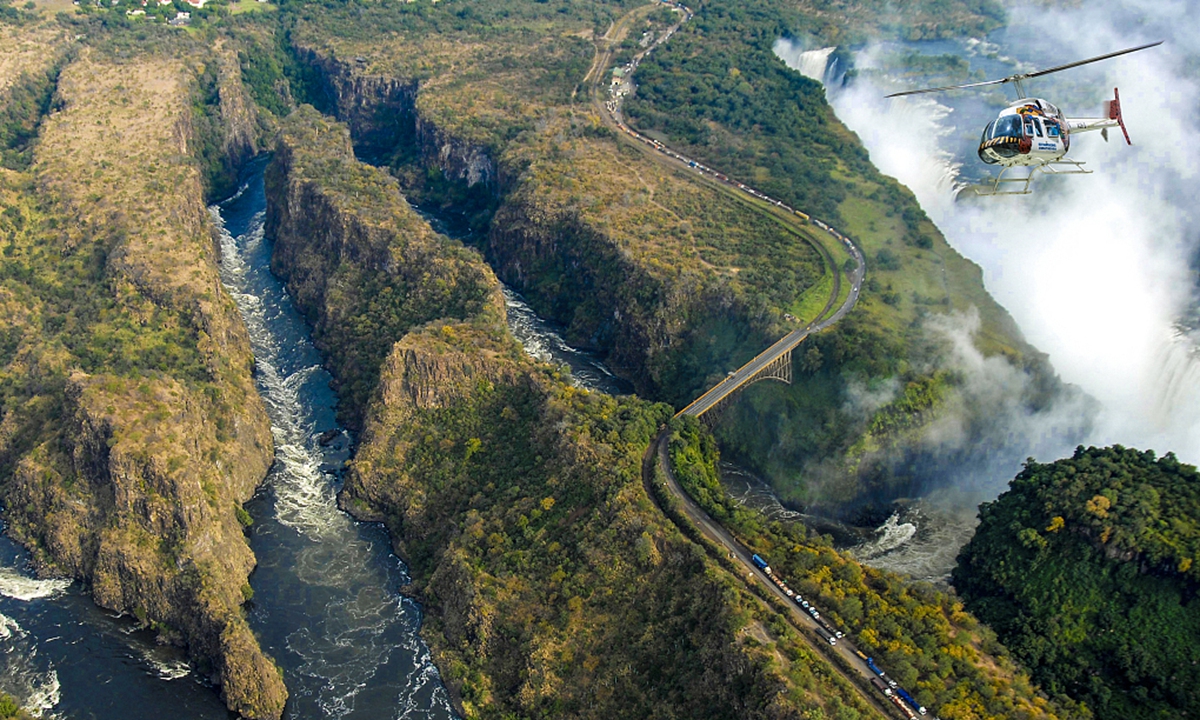
Photo: CFP
Industrial and Commercial Bank of China (ICBC), China's largest bank, has reportedly abandoned a plan to finance a coal fire plant in Zimbabwe due to environmental concerns, contributing to the green progress of China's Belt and Road Initiative (BRI).
According to a report by Bloomberg, the bank has told Go Clean ICBC, an environmental group, that it will not finance the plant, which was due to be worth $3 billion. The coal project is set to have a capacity of 2,800 megawatts and is located in the northern part of Zimbabwe.
He Wenping, director of the African Studies Section at the Institute of West Asian and African Studies under the Chinese Academy of Social Sciences, told the Global Times that China's development projects have been increasingly focused on sustainability rather than short-term effects, and have been trying to reduce the environmental impact.
"There has been a shift in mindset among China's policymakers regarding development plans, especially since the goal of carbon neutrality was put forward," He said. "There is now a tendency to make projects greener, not only in China but also in other countries."
In early July, the People's Bank of China (PBoC), the central bank, said that it had issued a green finance assessment plan for financial institutions, which will be one of its prudent management tools. China's policy banks, which are responsible for financing projects in other countries, including China Development Bank and Export-Import Bank of China, will also be assessed.
Liang Haiming, chairman of the China Silk Road iValley Research Institute also told the Global Times that China has become more aware of the importance of green finance policies, and will be more cautious about the nature of the projects that it lends money to.
However, Liang also noted that challenges will remain for a greener BRI.
"For many of the countries in Africa, for example, China's loans are an important source for infrastructure projects," Liang said. "Sometimes greener projects involve higher costs and maybe a longer time to pass the initial government screening. It will probably increase the difficulties for planning and carrying out infrastructure plans in developing countries."
But Liang also noted that in the long run, such a policy shift will benefit the BRI countries, not just in terms of sustainability, but also because it will lead to more opportunities for cooperation with other countries.
"China's greener BRI policy will force the countries to upgrade their environmental standards when it comes to infrastructure projects," Liang said. "Many countries in the West have been under pressure not to lend to projects that might increase global warming, or that have some other negative influence. China's shift will open more room for project cooperation with a third country in places such as Africa."
